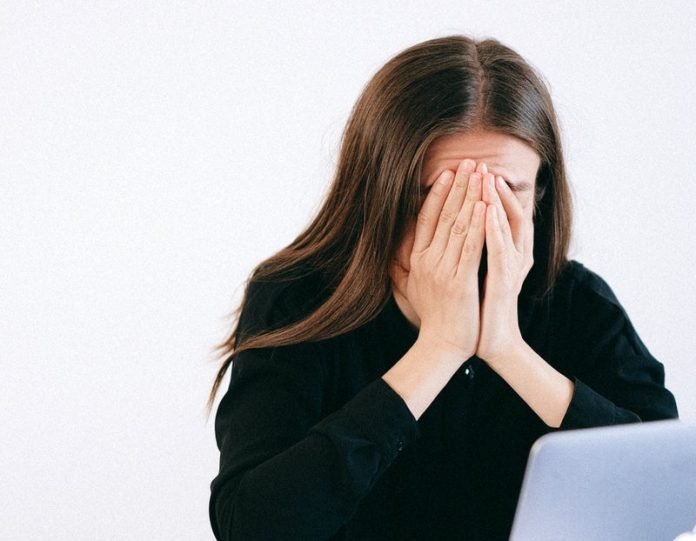
In a new study from Columbia University, researchers found that a strong level of symptoms of depression, anxiety and post-traumatic stress may follow COVID-19 independent of any previous psychiatric diagnoses.
Exposure to increased symptomatic levels of COVID-19 may be linked to psychiatric symptoms after the disease.
This is the largest study to evaluate depressive, anxiety, and post-traumatic stress symptoms in tandem among patients who had mild COVID-19 disease.
In the study, nasal swabs were collected from residents within a section of Sao Paulo, Brazil, 18 years of age or older with suspected COVID-19 symptoms.
Those who tested positive for COVID-19—with at least two of the following symptoms: fever, cough, sore throat, change in/loss of smell—and were classified as mild cases—were further assessed for the presence of psychiatric symptoms approximately two months later.
The team found strong levels of depressive, anxiety and post-traumatic stress symptoms were reported by 26%, 22%, and 17%, respectively.
For comparison purposes, previous estimates of post-traumatic stress levels within Brazil were 8.5% demonstrating that the prevalence within individuals presenting with mild COVID-19 increased versus past estimates.
In general, survivors of critical illnesses have a high level of mental symptoms after the condition improves.
Depression, anxiety and post-traumatic stress disorder are among the most reported psychiatric events in patients with these conditions, according to the researchers.
The team says early mental health intervention such as psychotherapy and supportive groups could play an important role in preventing incident mental health problems for post-COVID sufferers.
If you care about mental health, please read studies about this mental health drug may harm brain health and findings of binge drinking could develop into this mental disorder.
For more information about mental health, please see recent studies about this mental drug may cause obsessions and compulsions and results showing that replacing time spent sitting with these 2 things may improve mental health.
The study is published in Progress in Neuro-Psychopharmacology and Biological Psychiatry. One author of the study is João Mauricio Castaldelli-Maia, MD, Ph.D.
Copyright © 2021 Knowridge Science Report. All rights reserved.



